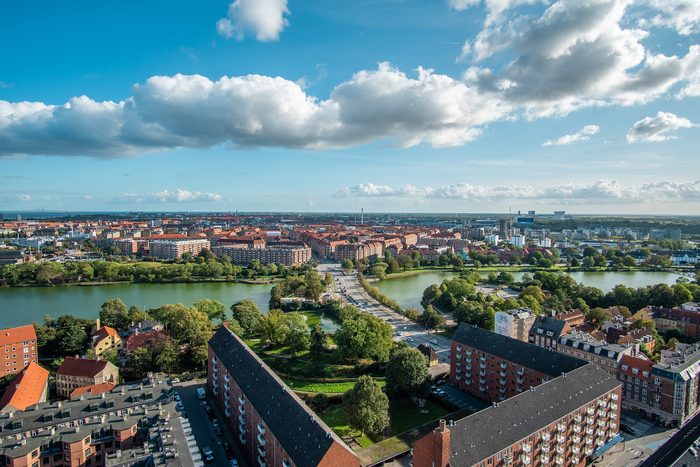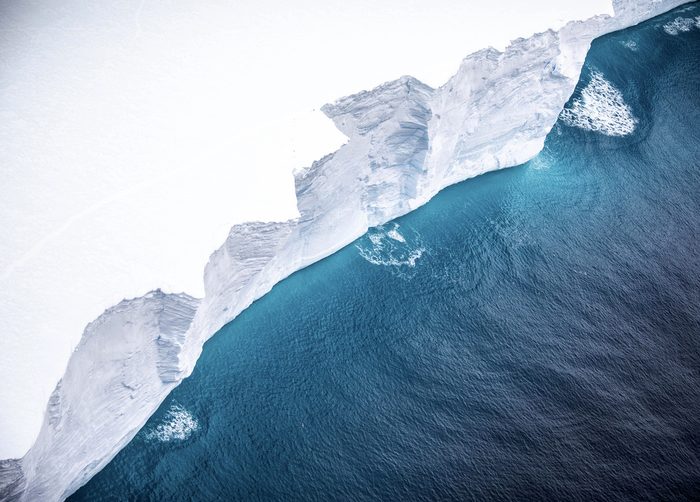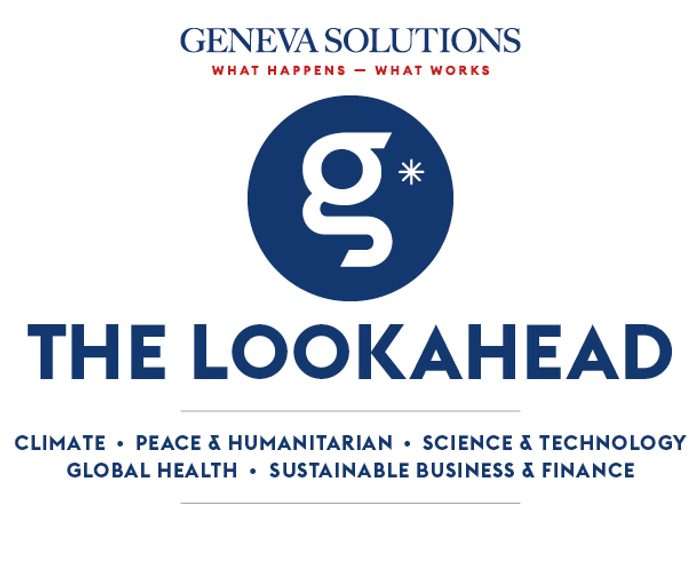Good morning, this is Bruno, bringing you the climate news for Geneva Solutions.
This week we look at the Earth’s ‘skin’ - soils and vegetation - and why taking care of it has become so important. Do worms and nematods hold the key to our future?
We also look at how human rights institutions can contribute decisively to climate stability. Meanwhile, a growing number of cities are on track to keep global warming below 1.5 C, unlike the countries they are sitting in. |

Aerial view of Copenhagen (Pixabay)
|
|
Here's what else is happening
|

(Keystone/Corporal Phil Dye/Ministry of Defence via AP)
|
|
The world’s largest iceberg heading for collision.
An iceberg the size of Delaware is on the path to crash with the island of South Georgia, in the South Atlantic. It is drifting some 75 kilometers from the island, threatening to cut penguins’ and seals’ access to the ocean. A team of scientists will be heading next month on a mission to find out how the iceberg is affecting wildlife and marine life on the island, said the British Antarctic Survey.
|
|
|
GS news is a new media project covering the world of international cooperation and development. Don’t hesitate to forward our newsletter!
Have a good day!
|

|
|
Avenue du Bouchet 2
1209 Genève
Suisse
|
|
|
|









